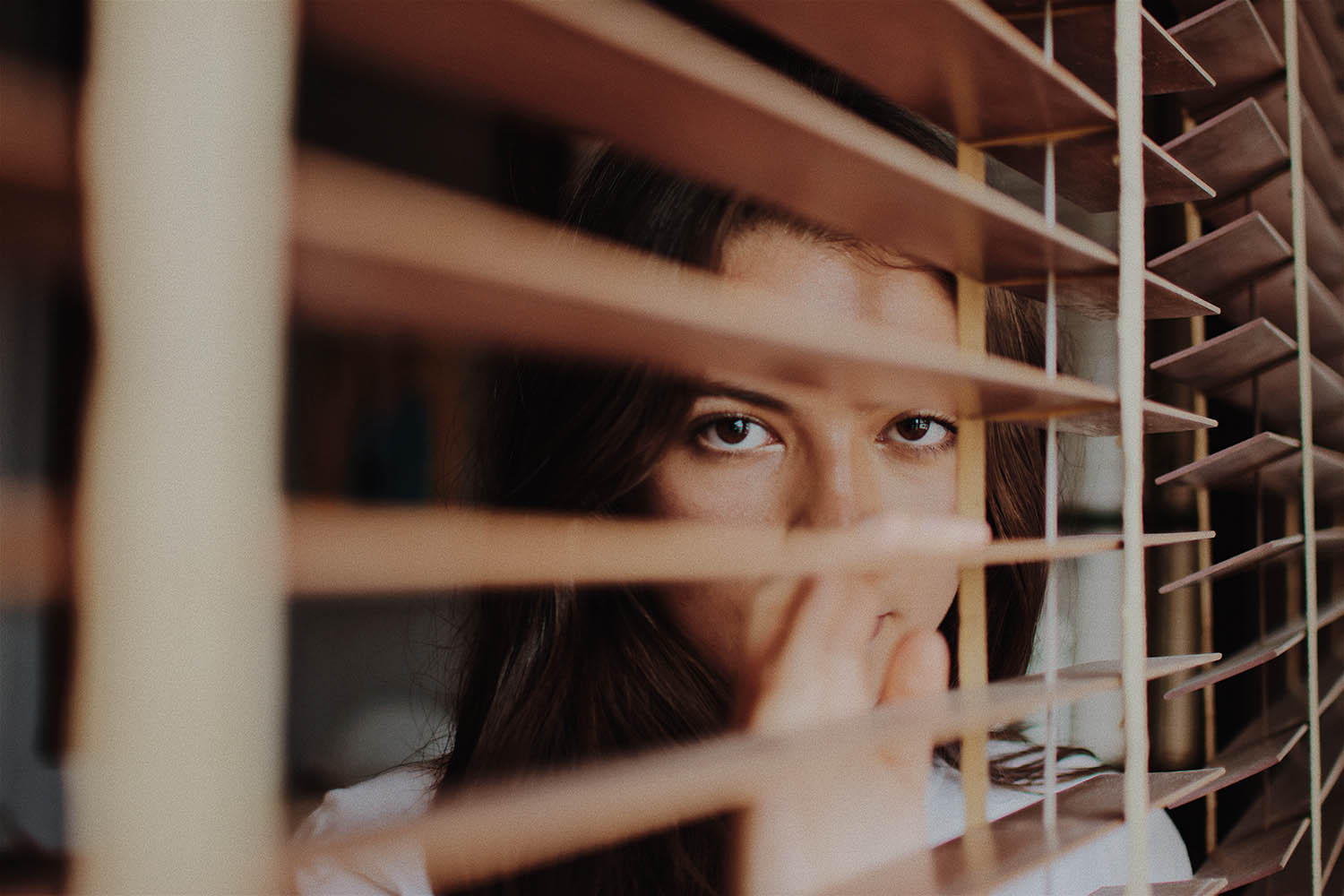By Sharon A. Chirban, PhD In HBR this week, an article was published on the…

Appearance Based Anxiety
For many, holidays, bikinis and social gatherings raise questions about self-worth. Self-worth is measured in lots of ways. How many friends do I have? Am I smart? What do I look like in my bikini? Do I have a significant other to watch the fireworks with? A date on the calendar, like July 4th, becomes a marker of what I have and what I don’t. Who I am and what I’m not. How I feel about myself and what I want to change.
Terms like self-esteem make powerful statements in our culture. And many clients come in asking how to improve it or how to shape it in their kids. Our culture touts that those who have it, will be successful and happy. Those who don’t will feel inadequate and insecure. When working with clients, I recognize that how my clients evaluate their self-esteem for the most part is not a black and white issue. Most have confidence in some areas and challenges in others. Evidence suggests that most people base their self-worth in a specific area (academics, looks, relationship status, family) rather than a global self-evaluation. This has led researchers to look at self-esteem from a more nuanced perspective shedding light on how self-esteem can be trait-specific. So, for example one person may feel devastated when they experience a failure in their appearance and remain rather unaffected in other areas, like academics or athletic prowess.
A focus in my practice is working with individuals who develop eating disorders and body image disturbance. Many of my clients report that summer and greater body exposure can lead to heightened anxiety and feelings of shame and disappointment. These clients are struggling with appearance-contingent self-esteem. This happens when someone stakes a significant amount of their self-evaluation on whether they meet cultural standards for physical attractiveness. Researchers demonstrate that people with appearance contingent self-worth expend a great deal of time and effort enhancing their attractiveness (e.g. more time grooming and shopping); however, they are still less satisfied with their appearance.
A series of studies looked at the relationship between appearance anxiety, self-objectification and self-esteem. They found that individuals with appearance-based self-worth were more likely to objectify themselves and experience both anxiety about their appearance as well as a dip in their self-worth when they appraised themselves as less attractive. So, what is the remedy for this kind of trait specific self-esteem challenge? Sometimes, I will have a client draw a circle and draw as many segments representing multiple parts of their self. They may be a mother, sister, oncologist, runner or baker. I have them recognize that there are multiple parts to who they are and that they can use this visual reminder to help offset the dip in self-esteem when they experience appearance-based self-criticism or comparison. As with any kind of personal change, I also help them appreciate that change is a slow process and that gently unhooking from the rigid standards of their appearance focus will be an evolution in how they think and feel about themselves.


